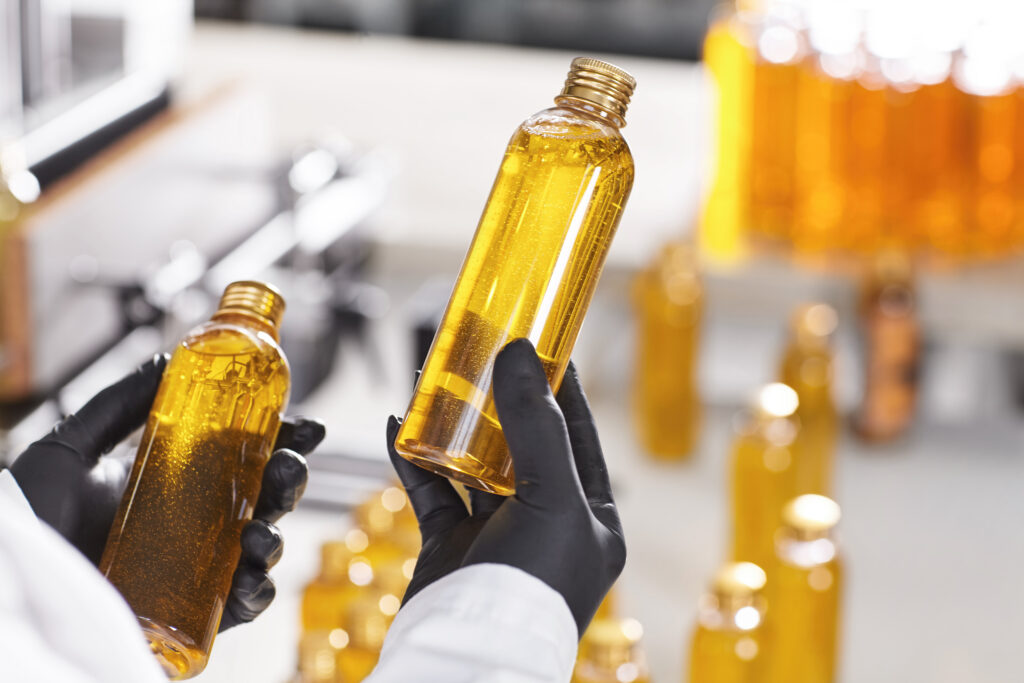Fuel contamination is a recurring problem that can cause considerable damage and interruptions in businesses that rely on diesel fuel, such as transportation, agriculture, and power generation. Bacterial growth in diesel fuel is a serious form of pollution that can lead to clogged filters, lower engine efficiency, and higher maintenance expenses.
To counteract this issue, the use of diesel fuel test kits designed specifically to identify bacteria has become critical. In this ultimate guide, we will look at the significance of using a diesel fuel test kit for bacteria, the function of bacteria in fuel pollution, how to choose the proper test kit, and complete step-by-step instructions on how to use these kits efficiently.
What is Diesel Fuel Contamination?
Diesel fuel contamination is every vehicle owner’s nightmare. You’re all set to hit the road, but your engine throws a temper tantrum due to some unwelcome guests in your gasoline tank.
The presence of contaminants or foreign compounds in fuels such as gasoline, diesel, or aviation fuel is called fuel contamination. These pollutants can have a substantial impact on engine performance and dependability, resulting in a variety of issues.
Engine damage is one of the most serious consequences of contaminated fuel. Contaminants can clog fuel injectors, reducing fuel flow and causing combustion issues. This can result in lower power production, higher fuel consumption, and poor engine performance.
What are Diesel Fuel Test Kits?
Diesel fuel is prone to bacterial contamination, which can cause a variety of issues in engines and fuel systems. To avoid these problems, it is critical to test fuel samples for the presence of microorganisms on a regular basis.
The most successful method is using a diesel fuel test kit specifically designed to identify bacterial contamination. This package includes all of the tools and equipment needed to precisely analyze the quality of diesel fuel and detect any potential bacterial development.
Typically, a diesel fuel test kit for bacteria contains test strips or slides that can be dipped into a gasoline sample. These strips are specifically engineered to react to the presence of bacterial pollutants, resulting in observable outcomes such as color changes or colony formation. In addition, the kit may include a microscope for magnifying the sample and directly observing bacterial development. This enables users to determine the severity of contamination and take appropriate action to resolve the issue as soon as possible.
If you detect pollution early, you can save yourself the trouble and expense of dealing with damaged engine components.
Why are diesel fuel test kits important?
Diesel fuel test kits are an important instrument for analyzing and determining diesel fuel quality in the automotive industry. These kits are intended to detect pollutants or impurities in fuel, such as water, silt, or microbiological growth. Vehicle owners and technicians can guarantee that diesel fuel meets the needed criteria by conducting frequent tests on the power, minimizing potential engine damage, and ensuring maximum vehicle performance. Diesel fuel test kits are essential for confirming that your fuel is safe to use.
These test kits enable reliable measurement and monitoring of the many properties of diesel fuel. Water and sediment content, viscosity, and acidity levels are also checked. By testing diesel fuel regularly, any possible faults or contamination can be identified early on, allowing for timely intervention and the prevention of engine damage. Furthermore, because they provide a reliable means of testing and validating fuel before use, these kits assist in assuring compliance with regulatory rules and industry standards for diesel fuel quality.
Diesel fuel test kits are essential for extending the life and efficiency of diesel engines. The quality of diesel fuel directly impacts engine performance and lifespan. Energy that is contaminated or of poor quality can cause greater wear and strain on engine components, decreased fuel economy, and even engine failure. Diesel fuel can be tested for contaminants or anomalies using fuel test kits, allowing for appropriate changes or replacements. This proactive strategy eliminates costly repairs and ensures that diesel engines run properly, resulting in optimal performance and longevity.
Diesel fuel test kits are useful for environmental protection and emission reduction. Diesel engines are notorious for emitting dangerous air pollutants like nitrogen oxides and particulate particles. Proper diesel fuel testing ensures that it meets emission requirements, minimizing the release of hazardous pollutants into the atmosphere.
Furthermore, these test kits can detect potential environmental dangers such as high sulfur content, which can cause acid rain and increase air pollution. Steps can be taken to prevent or correct these topics, such as employing diesel fuel test kits and supporting a more sustainable and eco-friendly approach to diesel fuel use.
In conclusion, diesel fuel test kits are critical for monitoring the quality and performance of diesel fuel. They provide precise measurement and monitoring of various fuel qualities, assisting in detecting and preventing engine damage. Furthermore, fuel test kits contribute to diesel engines’ longevity and efficiency while adhering to legal rules and industry norms. Finally, these kits help safeguard the environment by lowering harmful emissions and preventing environmental problems. Therefore, diesel fuel test kits are essential equipment for anyone concerned with diesel fuel management and engine maintenance.
For a free consultation about your product needs, feel free to contact us at https://metalchem.com/contact/ or email us at or********@gm***.com
FAQ’s
Dip Slides: A Comprehensive Guide to Industrial Microbial Monitoring
Agar-Based Dip Slides: A Versatile Tool for Microbiological Testing



